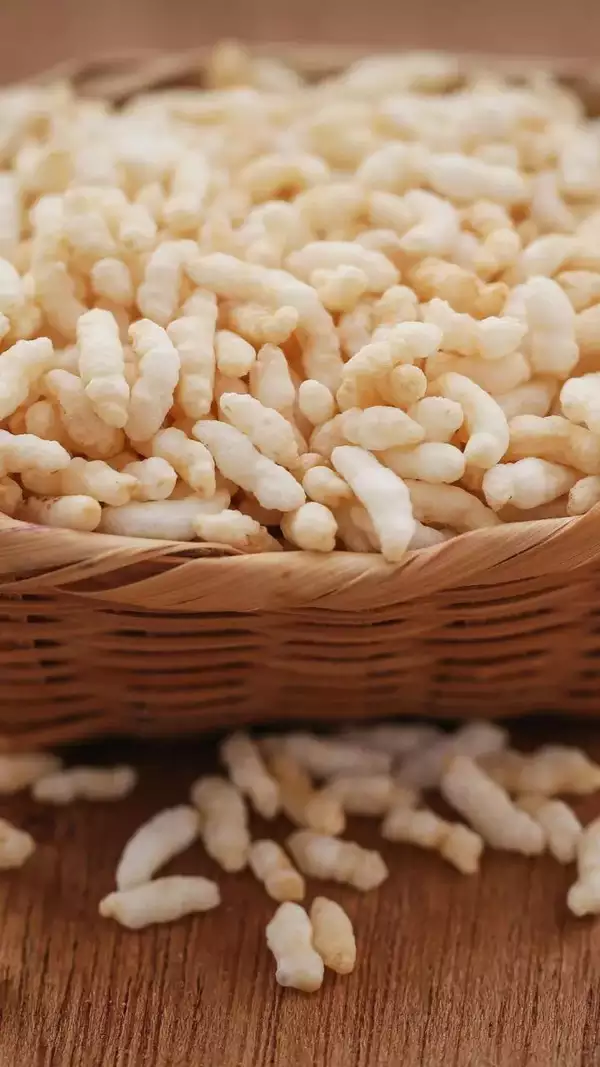- News
- City News
- raipur News
- 'Aaj Kya Seekha' boosting communication between school kids-parents in Chhattisgarh
Trending
'Aaj Kya Seekha' boosting communication between school kids-parents in Chhattisgarh
In Janjgir Champa district, Chhattisgarh, 'Aaj Kya Seekha' encourages parents to engage daily with their children's school learnings. Supported by UNICEF and implemented across 1,334 government schools, the program aims to boost student attendance and learning outcomes through improved communication and parental involvement, tackling psychological factors behind school dropouts.

Representative photo

Introducing 'Aaj Kya Seekha' (What Did You Learn Today?), a pioneering program designed to bridge the communication gap between parents and children, tackle psychological factors behind school dropouts, and strengthen family bonds, particularly during the turbulent teenage years. Unlike the usual focus on increasing teachers, schools, and facilities, this initiative takes a different route, aiming to enhance student attendance and learning outcomes through community engagement.
Supported by UNICEF, 'Aaj Kya Seekha' is the first programme of its kind that encourages parents to ask their children daily, "What did you learn today?" The idea is simple but effective: fostering a culture of communication and curiosity in every home.
Janjgir Champa Collector Akash Chikara, who launched the program in February to tackle the district's low literacy rates, is enthusiastic about its early successes.
Speaking to TOI, Janjgir Champa collector Akash Chikara said, “’Aaj Kya Seekha’ improves the approach towards studies and development of students by expanding discussions between parents and kids. Initially, kids may hesitate when asked about their day, but soon they start sharing on their own. This open communication counters dropout rates and brings about positive behavioral changes and mental health improvements."
The program has been adopted by all 1,334 government schools in the district, with each school holding monthly Parent-Teacher Meetings to reinforce this new culture of engagement. Nodal officers are actively involved, gathering feedback and discussing challenges with parents to ensure the program’s effectiveness.
According to Collector Chikara, the initiative has the potential to serve as a model for the rest of India. "Parents are the first and most influential teachers of their children," he explains. "Their involvement in education not only boosts learning outcomes but also enhances school attendance and reduces dropout rates. It bridges the communication gap between parents and children and fosters confidence and social skills in students."
'Aaj Kya Seekha' is not just a question—it’s a movement towards a more involved and communicative educational environment, proving that sometimes the smallest actions can lead to the most significant changes.
The initiative also asks parents to set-up a ‘padai ka kona’ (study corner) at home, just like kitchen and bedroom. In past three months, more than 1,200 homes have established a "Padhai ka Kona" and over 1.5 lakh parents have participated in mega PTMs.
End of Article
FOLLOW US ON SOCIAL MEDIA











